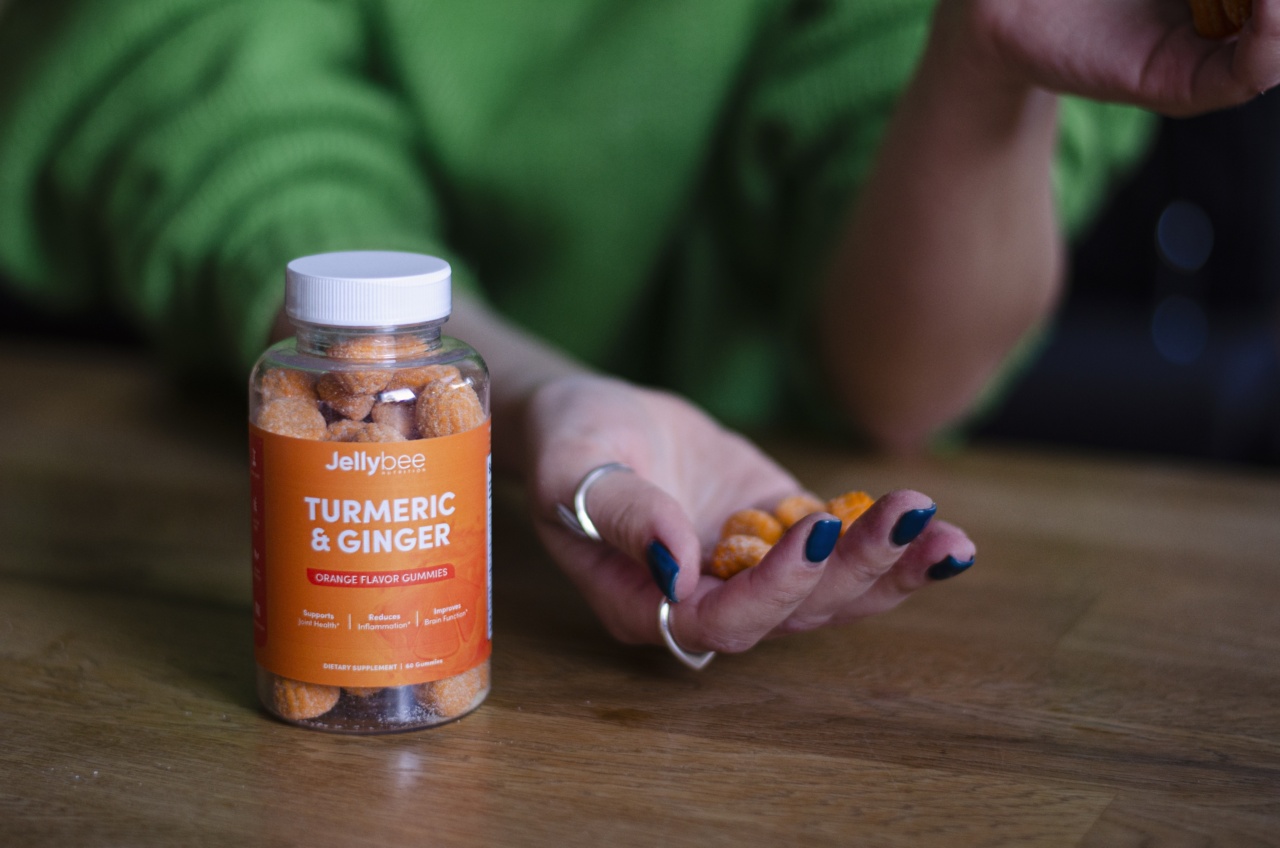The immune system plays a critical role in protecting our body from harmful pathogens, viruses, and bacteria. Therefore, it is necessary to keep our immune system strong and healthy to fight against infections.
A balanced diet filled with essential vitamins and minerals can help support a healthy immune system. Here are the essential vitamins for immune health.
Vitamin C
Vitamin C is a powerful antioxidant that helps protect cells from harmful free radicals. It aids in the production of white blood cells, which are crucial for fighting infections.
It also helps to boost the production of interferon, a protein that plays a vital role in triggering the immune response against viruses and infections.
Good dietary sources of Vitamin C include citrus fruits like oranges, grapefruits, lemons, kiwi, guava, and peppers.
Vitamin D
Vitamin D is another essential nutrient that supports immune health. It regulates the expression of genes involved in the immune response. It also enhances the function of immune cells like T cells and B cells that help fight against infections.
It is particularly critical during the winter season when the body gets less exposure to sunlight.
Greetings Vitamin D can be taken from sun exposure, but dietary sources include fatty fish, liver, egg yolks, and fortified foods like cereals, orange juice, and milk.
Vitamin E
Vitamin E is a fat-soluble vitamin that has antioxidant properties. It helps to protect cell membranes from oxidative damage and enhances the function of immune cells. It also promotes the growth of new immune cells.
Good dietary sources of Vitamin E include almonds, sunflower seeds, peanuts, avocado, and vegetable oils.
Vitamin A
Vitamin A is essential for maintaining healthy eyes, skin, and mucous membranes. It also plays a critical role in supporting the immune system.
It enhances the function of immune cells like T cells and B cells and aids in the production of antibodies that are essential for fighting infections.
Good dietary sources of Vitamin A include animal-based foods like liver, eggs, and dairy products. Carrots, sweet potatoes, and spinach also contain beta-carotene, which the body converts into Vitamin A.
Vitamin B6
Vitamin B6 is essential for healthy brain function and the production of red blood cells. It also plays a role in supporting immune health by aiding in the production of white blood cells, which help fight infections.
Good dietary sources of Vitamin B6 include chicken, tuna, salmon, bananas, and potatoes.
Vitamin B9 (Folate)
Vitamin B9, also known as folate, is essential for the production of red blood cells and DNA. It also plays a role in supporting immune health by aiding in the production of new immune cells.
Good dietary sources of Vitamin B9 include leafy greens like spinach, broccoli, avocado, and beans.
Vitamin B12
Vitamin B12 is essential for maintaining healthy nerve cells and red blood cells. It also plays a role in supporting immune health by aiding in the production of white blood cells and antibodies.
Good dietary sources of Vitamin B12 include animal-based foods like meat, fish, and dairy products. Fortified cereals can also be a good source for vegans and vegetarians.
Vitamin K
Vitamin K is essential for blood clotting and maintaining bone health. It also plays a role in supporting immune health by aiding in the production of new immune cells.
Good dietary sources of Vitamin K include leafy greens like spinach, kale, and basil. It can also be found in smaller amounts in fruits like blueberries and prunes.
Zinc
Zinc is a mineral that plays a role in supporting immune health by aiding in the production of white blood cells and antibodies. It also helps to regulate the inflammatory response in the body.
Good dietary sources of Zinc include oysters, beef, pork, chicken, beans, and nuts.
Conclusion
A balanced diet filled with essential vitamins and minerals can help support a healthy immune system. Vitamins like Vitamin C, D, E, A, B6, B9, B12, and K are all essential for maintaining optimal immune health.
Make sure to include a variety of these nutrients in your diet by consuming a range of fruits, vegetables, whole grains, and lean proteins.































